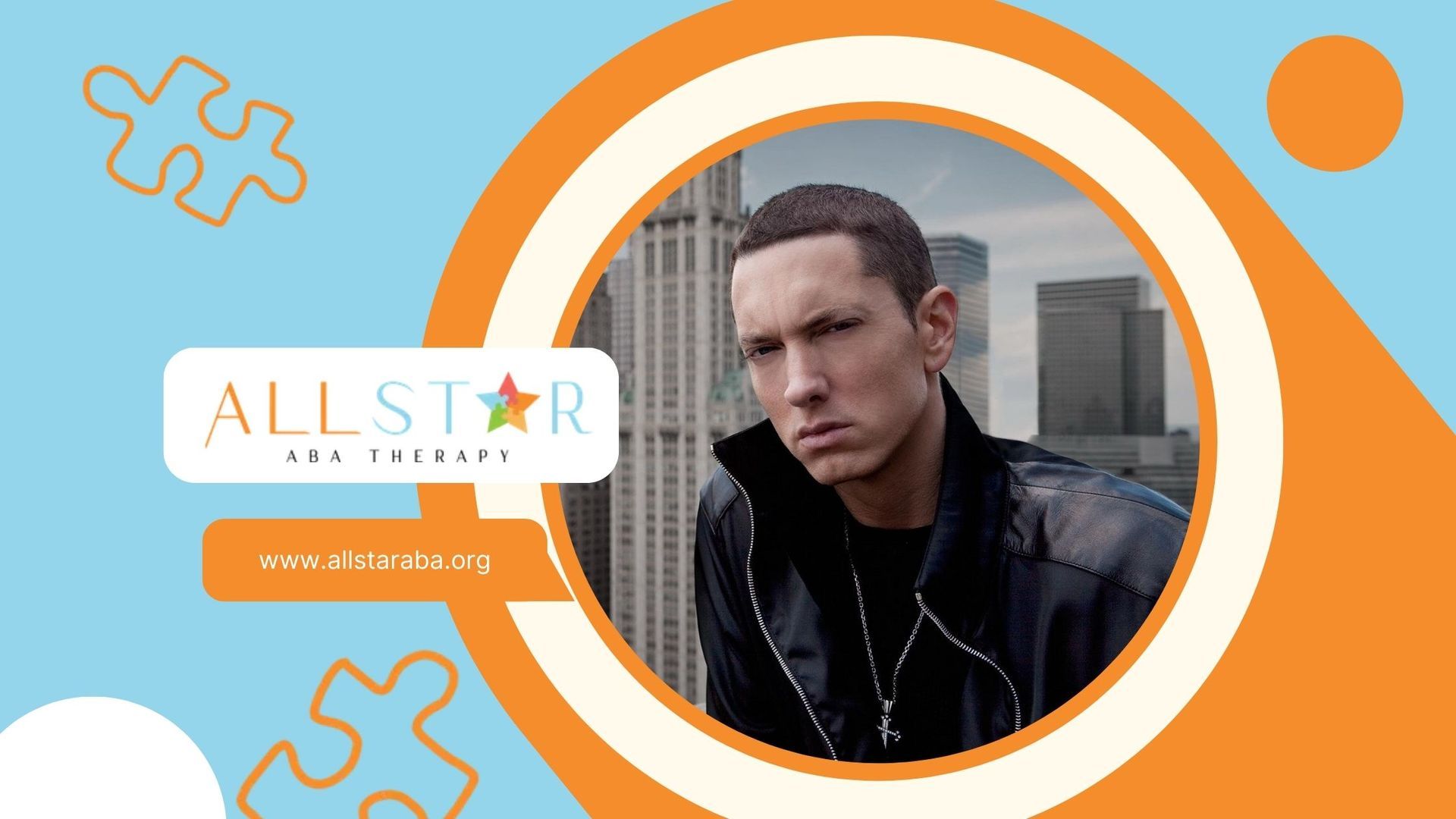New Paragraph
Is Benedict Cumberbatch Autistic? Understanding Rumors, Roles, and Representation
Benedict Cumberbatch is a household name, revered for his masterful performances in a wide range of roles—from the brilliant yet eccentric detective Sherlock Holmes to groundbreaking scientist Alan Turing. Over the years, these portrayals have sparked a growing conversation: Is Benedict Cumberbatch autistic, or are we confusing his characters’ neurodivergent traits with the actor’s personal identity? While there’s no public statement or official diagnosis confirming Cumberbatch’s placement on the autism spectrum, the speculation persists.
In this article, we will dive deeply into the origins of these rumors, examine how Cumberbatch’s performances have contributed to public perceptions of autism, and discuss the broader implications of representation in media.
We’ll also explore what autism actually is, the importance of understanding neurodiversity, and highlight how Applied Behavior Analysis (ABA) therapy can support individuals with autism and other behavioral challenges.
What Sparked the Conversation?
The Intersection of Portrayal and Public Perception
Benedict Cumberbatch’s portrayal of highly intelligent, socially unconventional characters who sometimes struggle with empathy or understanding social cues has led to some viewers speculating that the actor himself might be autistic.
For instance, his role as Sherlock Holmes—portrayed as laser-focused, detail-oriented, and occasionally disconnected from social norms—has resonated with individuals who identify with traits often associated with autism spectrum disorder. Similarly, his portrayal of Alan Turing in The Imitation Game highlighted a historical figure believed by some scholars to have exhibited autistic traits.
These performances, while celebrated for their complexity, can inadvertently blur the line between character and actor. Fans may assume that Cumberbatch, to deliver such authentic portrayals, must share similar neurodivergent traits.
Yet, it’s vital to remember that professional actors dedicate themselves to studying their roles, often spending months or even years researching characters with conditions they do not personally experience.
Has Benedict Cumberbatch Ever Confirmed He’s Autistic?
No Official Statements
There is no credible source or interview where Benedict Cumberbatch has identified himself as autistic. While the actor has been praised for bringing empathy and depth to characters who may represent aspects of neurodivergence, he has never claimed an autism diagnosis for himself.
Online rumors often stem from misinterpretations, wishful thinking, or the desire for representation rather than from any concrete, confirmed information.
The Importance of Verification
As viewers, we rely on interviews, reputable media outlets, and official statements to understand an actor’s personal life. Without Cumberbatch explicitly confirming an autism diagnosis, it’s essential to treat rumors with skepticism.
Conflating the portrayal of a neurodivergent character with the personal identity of an actor risks perpetuating stereotypes and confusion.
Autism Representation in Media
Why Accurate Portrayal Matters
Representation matters deeply in shaping public understanding and societal attitudes. When characters exhibit traits associated with autism, viewers may form impressions about the condition—sometimes accurate, sometimes not.
Positive and nuanced portrayals of autistic characters can break down stigmas and increase empathy. Conversely, shallow or stereotypical depictions can reinforce misconceptions.
Complex Characters and Public Perception
Cumberbatch’s roles have brought a level of complexity and nuance to characters who might be viewed as “different.” Sherlock’s difficulty with social niceties and Alan Turing’s solitary brilliance are interpreted by some as autistic-like traits. While these portrayals help normalize differences, they can also create misunderstandings if fans interpret these traits without context.
Accurate representation of autism requires careful storytelling, consultation with autistic individuals, and input from professionals who understand the spectrum’s breadth and variability.
What is Autism?
Understanding Autism Spectrum Disorder (ASD)
Autism spectrum disorder is a developmental condition characterized by differences in communication, social interaction, sensory processing, and behavior. Each autistic individual is unique, displaying a wide range of traits and abilities.
Some may excel in logic, mathematics, or the arts, while others may have challenges with social communication or adapting to changes in routine.
Myths and Realities
A prevalent myth is that all autistic individuals have the same set of symptoms. In reality, the spectrum includes a vast array of presentations. While some autistic people might relate to certain traits seen in Cumberbatch’s characters, others may not.
Reducing autism to a single set of characteristics or using it as a shorthand for “genius” or “awkwardness” oversimplifies the complexity of the condition.
How the Media Influences Our View of Autism
The Power of Celebrity
Celebrities have an immense influence on public discourse. When someone as famous as Benedict Cumberbatch takes on roles that hint at neurodivergence, it sparks conversation—even without confirmation of any personal diagnosis.
Fans might draw parallels between the actor and the role, feeding speculation and fostering debates that ripple through social media and fan communities.
The Need for Authenticity and Expert Input
To improve autism representation, media creators and actors increasingly consult with autistic individuals, families, and experts. This helps ensure that portrayals go beyond stereotypes and reflect the true diversity of the autism community.
Consumers of media can support this evolution by seeking out and praising shows and films that consult with autism advocacy groups and experts.
The Role of ABA Therapy in Supporting Individuals on the Autism Spectrum
Applied Behavior Analysis (ABA) Basics
Applied Behavior Analysis is a therapy grounded in the science of learning and behavior. It is often used to help individuals with autism build essential skills, improve communication, increase social interactions, and reduce challenging behaviors. ABA therapy programs are tailored to each individual, focusing on their unique strengths, needs, and goals.
Positive Outcomes Through Early Intervention
Early intervention with ABA therapy can lead to substantial improvements in quality of life. Families who utilize ABA often report better understanding of their child’s behaviors, improved communication skills, and the development of essential life skills.
By breaking down complex tasks into manageable steps and reinforcing positive behaviors, ABA therapy empowers individuals to thrive in various aspects of life.
Conclusion
In summarizing our exploration: Benedict Cumberbatch has not confirmed any autism diagnosis, and current speculation stems primarily from the neurodivergent traits embodied by some of his most famous characters.
While these portrayals may help normalize differences and spark valuable conversations, they also underscore the need for careful, accurate representation of autism in media. By understanding what autism truly is and distinguishing fact from fiction, we become better advocates for respectful, informed storytelling.
If you or a loved one is navigating an autism diagnosis or seeking support to overcome behavioral challenges, consider exploring All Star ABA’s therapy services. Their dedicated team of professionals specializes in Applied Behavior Analysis, helping individuals develop essential communication, social, and self-help skills.
With All Star ABA’s compassionate guidance, you can find the support you need on your journey—no Hollywood plot twists required. Get in touch with our team at All Star ABA!
FAQs
Has Benedict Cumberbatch ever said he is autistic?
No. Benedict Cumberbatch has never publicly stated that he is autistic, nor has he provided any information suggesting that he identifies as such.
Which of Benedict Cumberbatch’s roles are considered autistic or neurodivergent?
While characters like Sherlock Holmes and Alan Turing have traits that some viewers interpret as autistic-like, these characters were never officially described as autistic by the creators or by Cumberbatch himself.
Why do people think Benedict Cumberbatch might be autistic?
Many people conflate his meticulous portrayals of neurodivergent-seeming characters with his personal identity. The speculation often arises from the similarities in social behavior, logical reasoning, and communication style that these roles exhibit.
Need Support?
We're Here to Help!
Our experienced team is ready to assist you. Reach out today to discuss how we can support your child's development and well-being.
Get started with expert ABA therapy today.
Related posts

All Star ABA delivers the gold standard of care, Applied Behavioral Analysis (ABA) therapy, for individuals diagnosed with ASD, from infancy to age 21.
Quick Links
All Rights Reserved | All Star ABA







